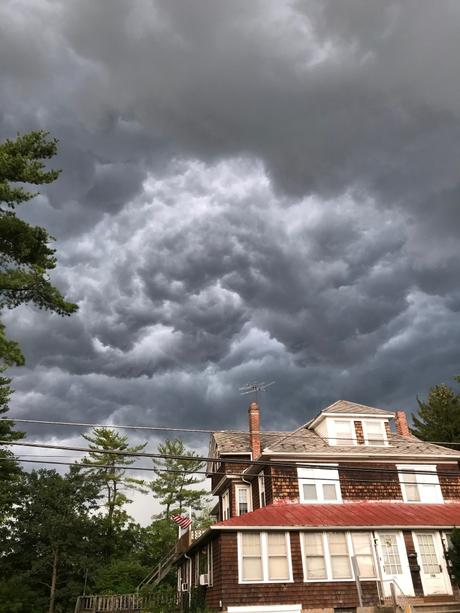“It was a dark and stormy night.” If you’re like me, this evokes images of Snoopy sitting atop his doghouse, clacking away at his typewriter, trying to write the great American novel. Many of us have tried a hand at that. And as a writer, finding that allusive incipit, or opening line, is a major preoccupation. For many years I believed the sentence “It was a dark and stormy night” originated with Edward Bulwer-Lytton since his 1830 novel Paul Clifford begins with this sentence. Now considered melodramatic prose of the purplest kind, it may have been serious back then. 1830 was early in the days of novel writing. Then I found the phrase from an even earlier work, Washington Irving’s A History of New York, from 1809. Had Bulwer-Lytton read it? Irving was quite popular in the pre-Dickens days.

This raises a question encapsulated in the other old phrase, “You can lead a horse to water but you can’t make it drink.” Unless someone tells us explicitly that they read something—journals and footnotes often convey this information—it’s difficult to know. There’s a whole genre of history books these days that examine the libraries of deceased historical individuals to determine what they read. I suppose in the days before mass book sales there was a better chance that owning a book meant you’d read it, but not necessarily. In college I worked as the secretary for the chaplain, Bruce Thielemann. When he read a book he wrote a category of note in the margin and paid a secretary to go through and write the citation under a heading in a set of looseleaf binders he kept, with several pages dedicated to each category. For sermon preparation he’d look up his theme and immediately see what he’d read. I knew he’d read those books.
So, was Washington Irving the origin of the phrase, “It was a dark and stormy night”? Many websites, many of them authoritatively, insist that the credit goes to Bulwer-Lytton. I located an edition of A History of New York that replicates, word for word, the 1809 edition. You see, Irving, like many writers, revised after publication and not all (or even most) modern editions tell you which version they use. Irving indeed used the phrase in 1809, I confirmed. The internet is wrongly giving credit to Edward Bulwer-Lytton for a phrase first printed by Washington Irving. The two were contemporaries and ironically, Wikipedia points out that Irving first used “almighty dollar,” another phrased credited to Bulwer-Lytton. It doesn’t however, point out that “it was a dark and stormy night” also belongs to Irving. Something to ponder on a dark and stormy night.
